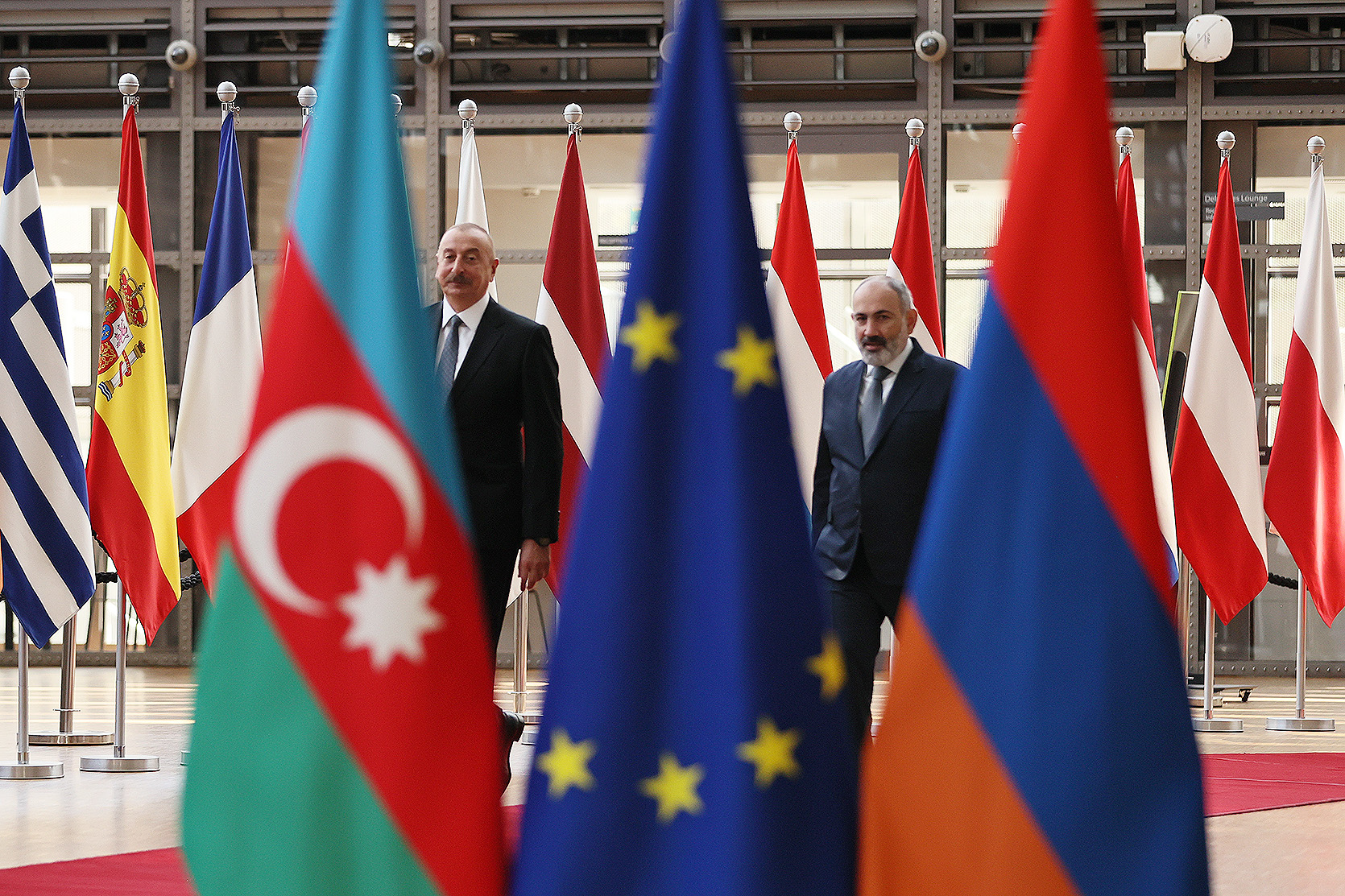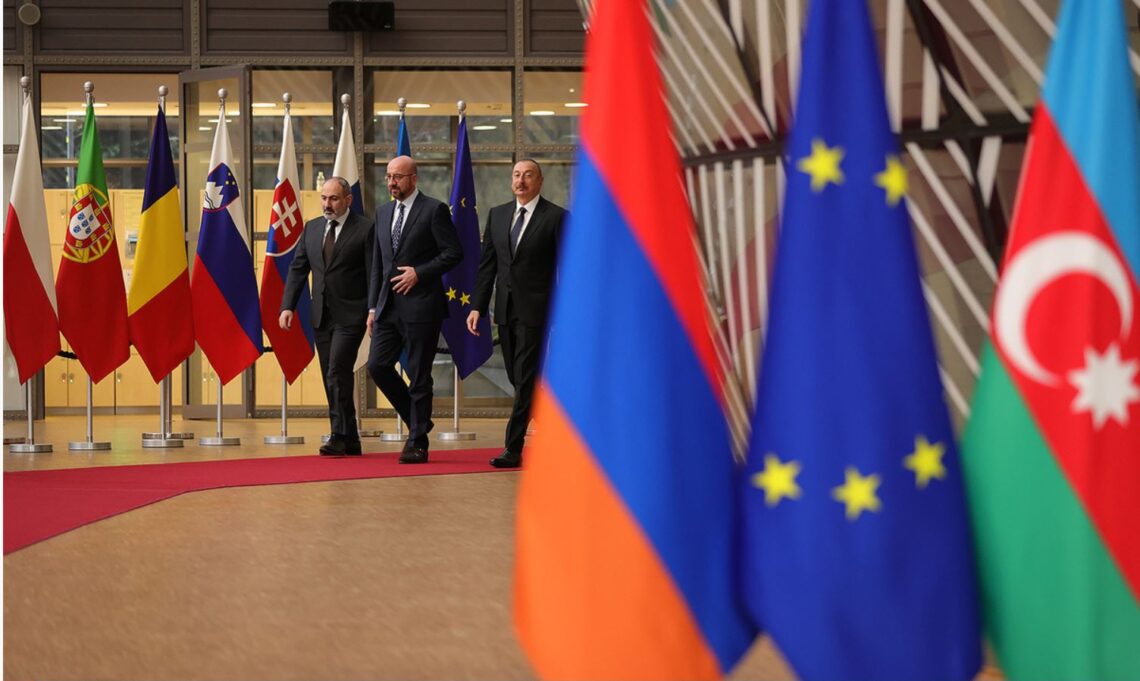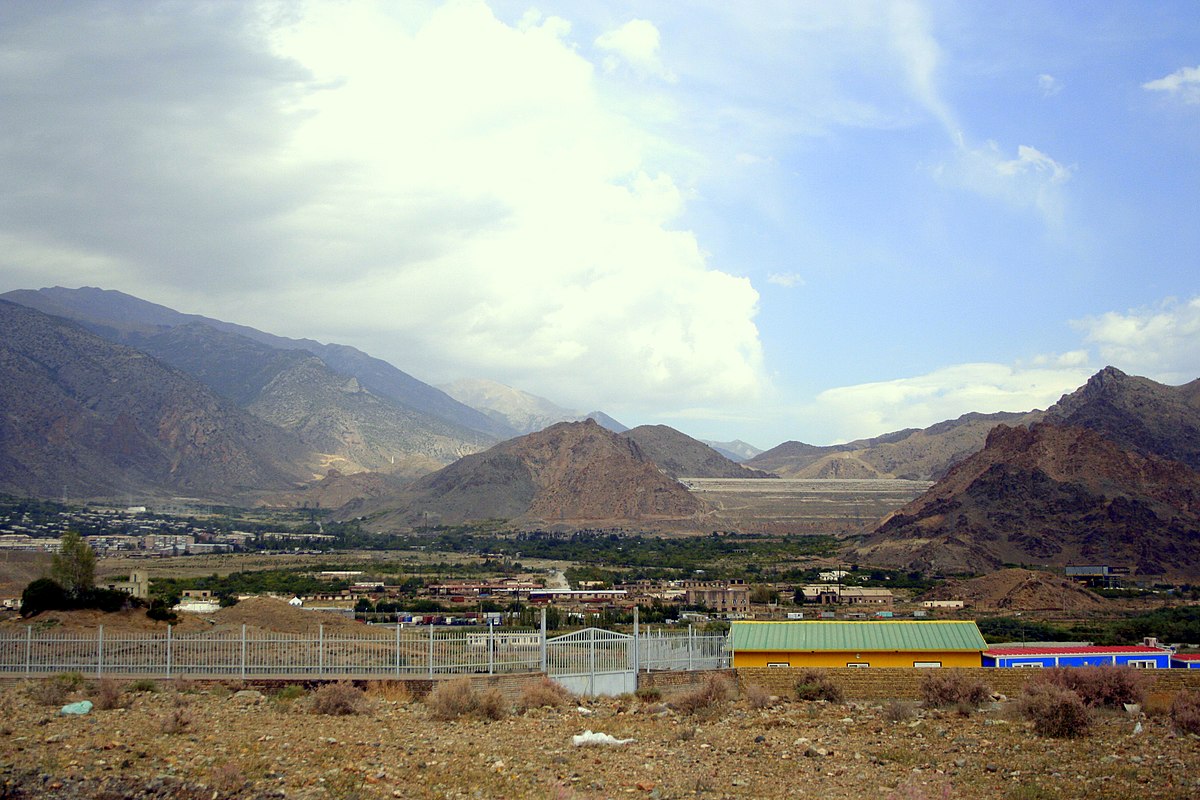"Baku is torpedoing the peace agenda" - Pashinyan on reasons for the escalation
Pashinyan on reasons for the escalation
There are reports of 49 Armenian casualties in the renewed hostilities on the Armenia-Azerbaijan border, Prime Minister of Armenia Nikol Pashinyan said in a speech in parliament. He said also that this is not a final number.
He said he had come not to present facts, but rather to have “an unemotional, sane conversation.” According to Pashinyan, the positions of Armenia and Azerbaijan differed not only on the provisions of the peace treaty, but also on the issues of unblocking roads, mutual recognition of territorial integrity, and the absence of territorial claims. He claimed it was these disagreements that had prompted Azerbaijan to resort to the border provocations.
Pashinyan speculated that by these recent actions, Baku is trying to hinder the economic development of Armenia and reforms in the Armenian armed forces.
The main points of Pashinyan’s speech and the latest info on the situation.
According to Pashinyan, the Azerbaijani side launched offensive operations in several different directions. He did not specify which, however.
According to the prime minister, the government is working to stabilize the situation as soon as possible. Pashinyan said that at night he had had phone conversations with the leaders of Russia, France and Iran, as well as with the US Secretary of State and the President of the European Council.
According to Pashinyan, the meeting of the Security Council of Armenia continued until dawn, following which it was decided to ask for help from
- Russia
- the CSTO military bloc, of which Armenia is a member and which operates under the auspices of the Russian Federation,
- UN Security Council
Pashinyan said that he came to parliament to clarify the context of what is happening: “I want to say that the escalation has a context that consists of certain points.”
Peace treaty and the Nagorno-Karabakh problem
One of these points is a peace agreement with Azerbaijan. Pashinyan recalled that in March of this year, Azerbaijan submitted a proposal for a five-point peace treaty. Armenia replied that there was nothing unacceptable therein, but presented additions that included “issues of security, rights and the status of the people of Nagorno-Karabakh.”
“At first it seemed that there was an understanding on the topic. But in the process, especially during the last meeting in Brussels [Pashinyan-Aliyev meeting on August 31, mediated by head of the European Council], it became clear that Azerbaijan refuses to negotiate a peace treaty based on the principles presented by Armenia,” he said.
According to the prime minister, Azerbaijan considers the Nagorno-Karabakh issue resolved or, at least, is sure that this is an internal issue, which should not be discussed with Armenia.
On the territorial claims of Azerbaijan
Nikol Pashinyan announced that it is absolutely unclear what Azerbaijan means when speaking of the territorial integrity of Armenia. That is, Baku is talking about the situation before the first Karabakh war and after May 2021. He said that he never managed to get a definite answer. On the other hand, of course, Azerbaijan hopes that Armenia will recognize Nagorno-Karabakh as part of Azerbaijan.
The Prime Minister reported that Azerbaijan declares that it has no territorial claims against Armenia. But in the context of the demarcation and delimitation of the borders, Baku intends to “raise questions about some territories illegally transferred to Armenia.”
According to Pashinyan, sometimes they start from the border village of Nrnadzor, continue through the entire Syunik region located in southern Armenia, and end in Yerevan.
“If these were just interviews and statements, then this would not have been mentioned. But all the facts, including from diplomats and negotiations, show that this is a consistent policy of Azerbaijan.”
Demanding the “Zangezur Corridor”
Pashinyan again confirmed that Armenia is ready to unblock roads in the region, but does not accept any “corridor logic”. The prime minister recalled the provisions of the November 2020 tripartite statement, which contain no mention of “corridors”, or the provision of roads with the loss of sovereignty over such territory. According to Pashinyan, Baku will reformulate these agreements, adjusting them to suit its desires.
Since the end of the war in Karabakh, Baku has repeatedly demanded a road linking Azerbaijan with its Nakhichevan exclave. The Azerbaijani authorities call it the “Zangezur corridor”.
Economic development of Armenia and reforms in the armed forces
Despite heavy losses during the 44-day war in 2020, Pashinyan went on, Armenia was not broken and destroyed, and even saw economic growth. He says that this is not just statistics, but real development. The prime minister believes Azerbaijan may be trying to “impede the economic dynamics” of Armenia.
At the same time, he believes that the border escalation may be related to reforms in the Armenian Armed Forces.
The Armenian authorities have repeatedly stated that they are reforming the army not to conquer territories, but to preserve the sovereignty and territorial integrity of the country. But Baku, according to the prime minister, regularly states that if the armed forces of Armenia pose a threat to Azerbaijan, they will take preventative actions and anticipate an attack.
“At the stage when we focus on reforming the armed forces and the army, such provocations are carried out to slow down this process,” Pashinyan stated.
What steps Armenia intends to take
“By these actions, Azerbaijan actually torpedoes the peace agenda, because the world is an environment in which Armenia can develop and ensure the security of Armenia and Nagorno-Karabakh,” the prime minister said.
Pashinyan stressed that peace cannot be established by the efforts of only one side, and each country understands the world as a certain symbiosis of conditions. So when these conditions are not given, when these ideas cannot be brought closer, peace cannot be achieved.
According to Pashinyan, Armenia needs to
- defend its territorial integrity, sovereignty and independence,
- strive for peace, trying to bring the views of the parties closer,
- reform the army and armed forces as quickly and efficiently as possible.
Recent reports of the situation
- The situation in some sections of the Armenian-Azerbaijani border remains extremely tense as of 14:00, Defense Minister’s press secretary Aram Torosyan said.
- The Armenian parliament adopted a statement demanding that the CSTO military bloc, of which it is a member, immediately act. The Charter of the Collective Security Treaty Organization requires that measures be taken to preserve the territorial integrity of the bloc’s members, in this case Armenia.
- At the initiative of Armenia, a special meeting of the OSCE Permanent Council will be held at 19:00, Armenian Foreign Ministry Spokesman Vahan Hunanyan said.
- France is convening a meeting of the UN Security Council to discuss the situation on the Armenian-Azerbaijani border.
- EU Special Representative Toivo Klaar is leaving for Yerevan and Baku to support de-escalation efforts and discuss the possibility of a dialogue between the leaders of Armenia and Azerbaijan in Brussels.
- The issue of Armenia’s security is important for Iran, Iranian leader Raisi told the Armenian Prime Minister. In a conversation with Pashinyan, he stated that Iran’s position regarding the territorial integrity of these states is unchanged.
- The Special Representative of the NATO Secretary General for the South Caucasus and Central Asia stated that he was “concerned about the shelling on the border, reports of shelling of settlements and civilian infrastructure in Armenia. NATO calls for an immediate cessation of hostilities and urgent de-escalation.”
- The Minister of Foreign Affairs of Armenia received the Russian Co-Chair of the OSCE Minsk Group Igor Khovaev; Ararat Mirzoyan confirmed that “the Armenian side expects the active involvement of the OSCE Minsk Group Co-Chair countries” in the resolution of problems with Azerbaijan.
- Moscow stated that an agreement was reached on a ceasefire from 09:00 on September 13 through Russian mediation.
- The Russian Foreign Ministry expressed concern over the sharp escalation on the Armenian-Azerbaijani border and called on the parties to refrain from further escalation in accordance with the tripartite statements of the leaders of Russia, Azerbaijan and Armenia dated November 9, 2020, January 11 and November 26, 2021.
- The Russian Foreign Ministry confirmed the appeal of the Armenian authorities with a request to assist in resolving the situation in accordance with the existing bilateral agreements and through the CSTO military bloc.
- The CSTO confirmed receipt of the request from Armenia and said that it was preparing a statement on this matter.
- Georgia expressed its readiness to act as a mediator in ending the Armenian-Azerbaijani conflict.
Pashinyan on reasons for the escalation





















